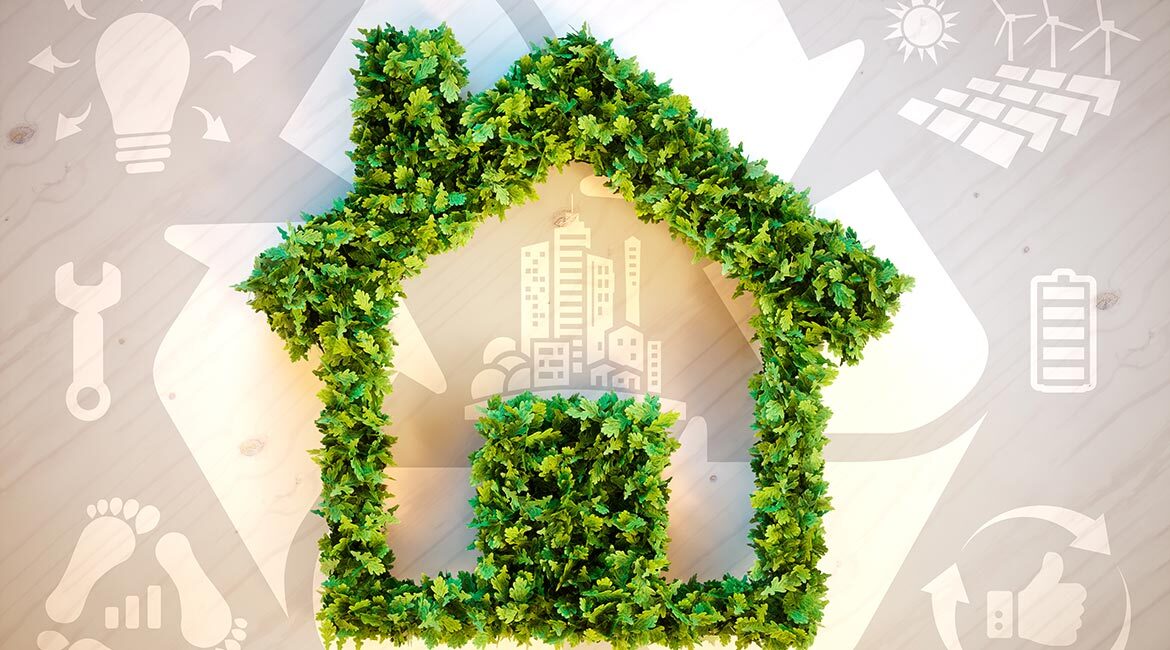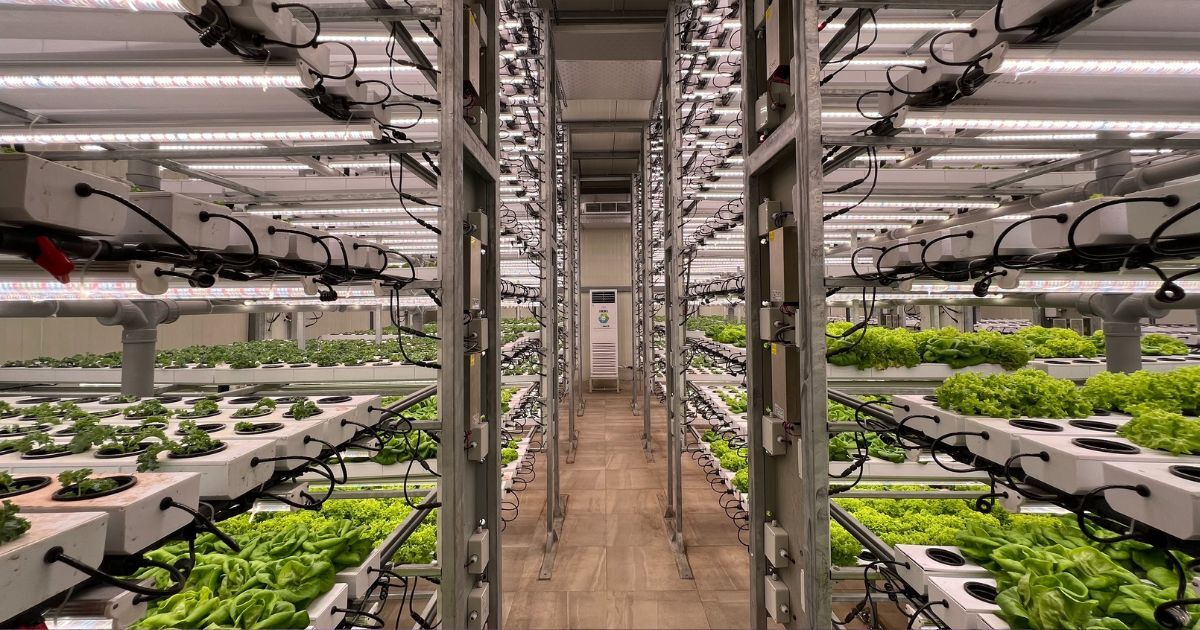Engineers More Than Ever at the Crux of Sustainable Development

Header image was purchased on Istock.com and is protected by copyright.
A Major Challenge
The experts are adamant: climate change is the biggest international challenge facing humanity in the 21st century. Case in point: the increase in anthropogenic greenhouse gases mainly due to our dependence on fossil fuels, resulting in health, ecological and humanitarian crises that have already begun. Despite this, the fight against climate change is a real opportunity to transition to a low-carbon, job-creating, innovative and socially fair society [1]. Because engineers master the technical knowledge, participate in important decisions, are present in all types of projects and organizations, and enjoy public notoriety, they play a leading role in the search for solutions through sustainable development [2].
Sustainable Development
Too often sustainable development is wrongly associated with environmental protection only. In reality, sustainable development has a much broader and inclusive scope. Sustainable development is based on three pillars: economic, environmental and social. Specifically, sustainable development sits at the crossroads of these three pillars. The “official” definition of sustainable development was first introduced in 1987 in the Bruntland Report [3]: “development that meets the needs of the present without compromising the ability of future generations to meet their own needs.” The Québec government has adopted this definition in its Sustainable Development Act [4] and its Stratégie gouvernementale de développement durable 2015-2020 [5].
The Engineer’s Role in Sustainable Development
What is the engineer’s role in sustainable development? The Code of Ethics of the Ordre des ingénieurs du Québec states that “in all aspects of his work, the engineer must respect his obligations toward man and take into account the consequences of the performance of his work on the environment and on the life, health and property of every person” [6]. Engineers are therefore key players in innovating and guiding future technologies toward better use of resources (water, air, land, raw materials, energy), better waste management (wastewater, air contaminants, waste materials) and improving quality of life for the people. Through their ability to influence and direct, engineers are responsible for correcting the negative impacts that affect the environment and collective well-being. Applying the principles of sustainable development in their practice highlights the crucial role of engineers in the emergence and implementation of sustainable solutions requiring a multidisciplinary and concerted approach.

National guideline on sustainable development and environmental stewardship for professional engineers published in 2016 by Engineers Canada reminds us of this [7]. Responsible environmental management is an integral part of the engineers’ functions, regardless of their discipline (aerospace, agri-environmental, food, building, biomedical, bioresources, biotechnology, wood, chemical, civil, electrical, geological, geomatics, industrial, computers, software, mechanical, metallurgical, mining, automated production) or their role, and whether acting as an employee, employer, researcher, university student, consultant, regulator or manager. As stated in the Engineers Canada code of ethics, the engineer’s first obligation is to ensure the safety and welfare of the public, while protecting the environment and the values of our society. Sustainable development is a comprehensive and preventative aspect of the engineering practice, in keeping with the engineering values of competence, ethics, responsibility and social commitment. For those who would like more information, the publication provides ten guidelines on the principles of sustainable development and environmental stewardship applicable to engineering practice in projects executed by and under the responsibility of engineers.
Sustainable Development, a Daily Practice
On a more personal note, how do we integrate the concepts of sustainable development into our professional practice, i.e. innovation and industrial research? The answer is simple: by observing the three pillars of sustainable development in all the stages of innovative project development, in an integrated and concerted manner. Specifically, this means implementing multidisciplinary project teams (engineers, chemists, microbiologists, lawyers, technicians, agronomists, etc.), consulting with all the stakeholders (customers, suppliers, regulatory authorities, associations, citizen groups, etc.) and using the best tools available for the design and development of technological solutions (regulations, standards, environmental certification, Life Cycle Assessment or LCALCA = a method for the environmental assessment of products and services, covering their life cycle from raw material extraction to waste treatment. ScienceDirect. https://www.sciencedirect.com/topics/earth-and-planetary-sciences/life-cycle-assessment, circular economyA circular economy is an economic system aimed at minimizing waste and making the most of resources (…) In a circular system resource input and waste, emission, and energy leakage are minimized by slowing, closing, and narrowing energy and material loops; this can be achieved through long-lasting design, maintenance, repair, reuse, remanufacturing, refurbishing, recycling, and upcycling. Wikipedia. https://en.wikipedia.org/wiki/Circular_economy, document research, technology watch, etc.). We need to adopt a sustainable innovation approach in order to offer customers and partners new solutions that meet their needs and are optimized from an economic, environmental and social point of view.

In Conclusion
Applying the principles of sustainable development will be a challenge for many engineers, as for society as a whole, for as long as awareness, education and training in this field will be required. Therefore, we must focus our efforts and energy in this area for future generations. Financial constraints will often be a major obstacle, limiting our progress. Because of their key role in society, all engineers must strive in their profession to reach sustainable, economically, environmentally and socially responsible solutions and contribute to strengthening the profession’s capability in this area. More than ever, today’s issues, like climate change, require sustainable development from engineers of all disciplines.
To Be Continued
An upcoming article entitled Specific Examples of Innovation in Sustainable Engineering will present some examples of projects recently implemented by experts from the Centre de recherche industrielle du Québec (CRIQ).


